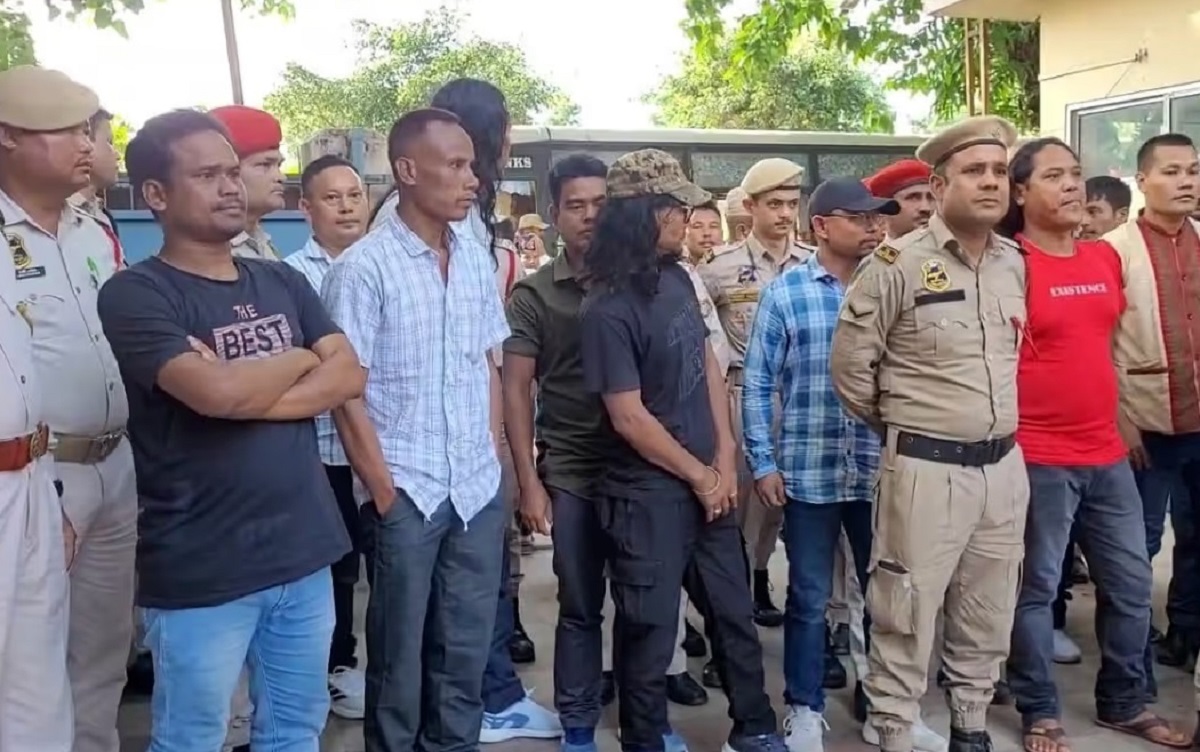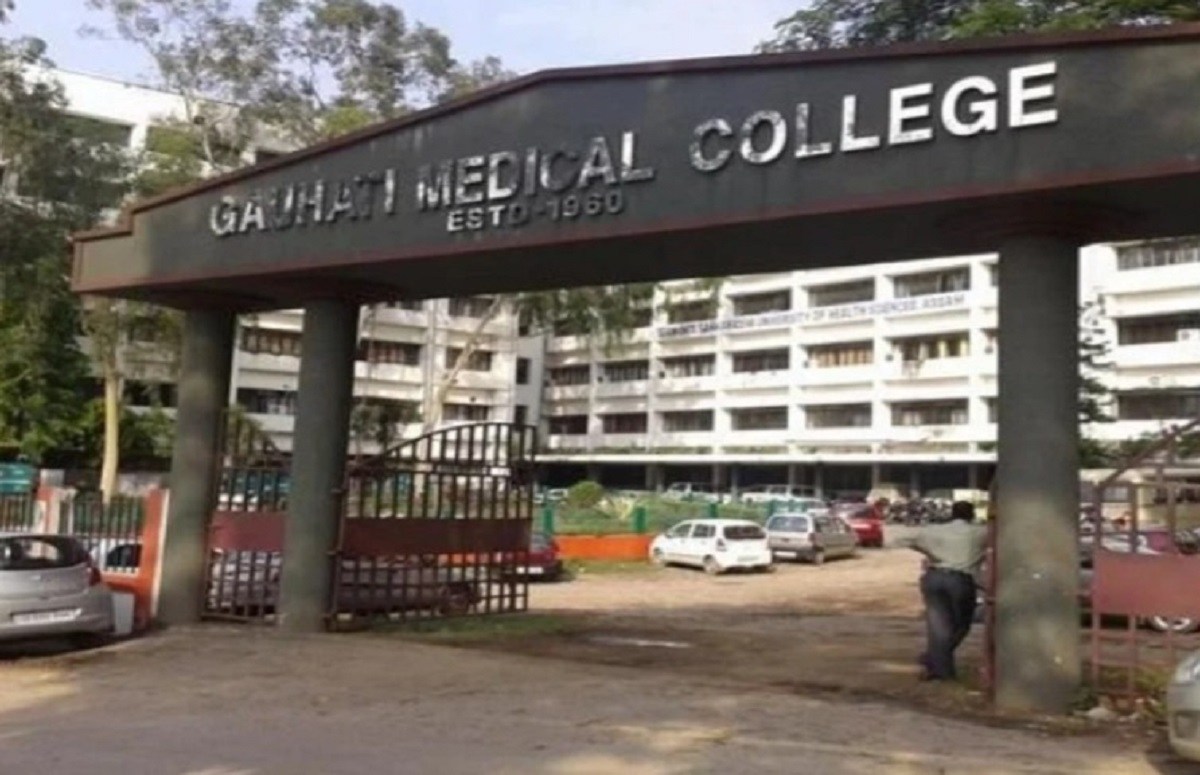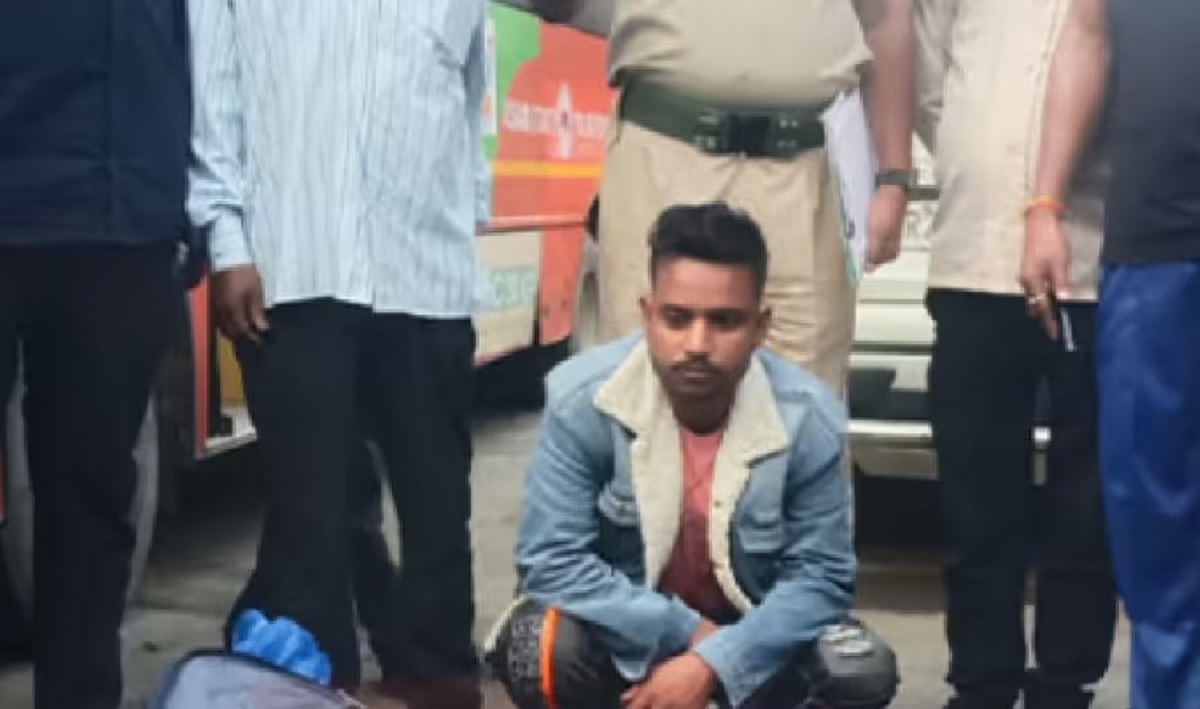In a significant development in Assam’s counter-insurgency legal framework, 35 former cadres of the banned National Democratic Front of Boroland (NDFB), including one of its most senior leaders M. Batha, were transferred from Guwahati Central Jail to Kokrajhar District Jail on Tuesday afternoon. The move marks a crucial step in the judicial handling of multiple high-profile cases tied to the insurgent group. The transfer follows the official handover of four ongoing cases by the National Investigation Agency (NIA) to the jurisdiction of the Sessions Court in Kokrajhar. These cases — registered under Special NIA Case Nos. 01/2025, 06/2015, 01/2016, and 01/2021 — involve serious allegations against the accused, including activities linked to armed rebellion and militant operations before the NDFB formally laid down arms.
Security was tight as the group was brought under escort to Kokrajhar. Upon arrival, the accused were presented before the District and Sessions Judge’s Court, where legal proceedings were initiated. Following the hearing, the judge ordered all 35 individuals to be placed in judicial custody. They are now being housed in Kokrajhar District Jail, where special security measures have been put in place due to the high-profile nature of the inmates. Public Prosecutor Kankan Kalita, speaking to reporters after the court session, confirmed that all four special cases had been successfully transferred to Kokrajhar from the NIA’s purview and would now be tried under the district’s Sessions Court. “The judicial process will proceed in accordance with law, and we are prepared to present the necessary evidence against the accused,” Kalita stated.
Among the transferred cadres is M. Batha, a well-known leader of the now-disbanded outfit, who played a pivotal role during the group’s active years. His inclusion in the list underscores the gravity of the charges and the importance of the upcoming trials. The NDFB, once one of the most active insurgent groups in the Bodoland Territorial Region, officially disbanded following the signing of the Bodo Peace Accord in 2020. Despite the peace pact and the reintegration of many former militants into civilian life, legal accountability for past actions continues. The NIA cases were originally registered based on incidents that occurred before the peace agreement.




